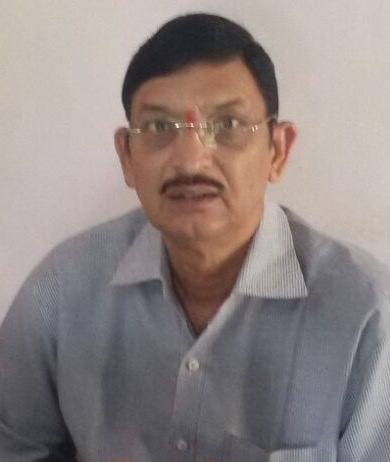| Discussions Forum | ||||||||||||||
Home  Forum Forum  Service Tax Service Tax  This This 
|
||||||||||||||
| A Public Forum. Anyone can participate to share knowledge. |
||||||||||||||
|---|---|---|---|---|---|---|---|---|---|---|---|---|---|---|
| We acknowledge the contributions of Experts/ Authors. | ||||||||||||||
Submit new Issue / Query |
||||||||||||||
Clarification regarding payment of service tax under RCM, Service Tax |
||||||||||||||
|
||||||||||||||
Clarification regarding payment of service tax under RCM |
||||||||||||||
Dear All, If service provider/ manufacture is liable to pay service tax under reverse charge mechanisum, then he should discharge his liability in cash ( without using CENVAT credit ). My query is what provision/entry/notification specifies/ supports the above statement ???????? Thanks in advance Posts / Replies Showing Replies 1 to 7 of 7 Records Page: 1
Dear Vamshi Krishna, Your understanding is right . You may please refer the Explanation to Rue 3(4) of Cenvat credit Rules,2004 according to which, for payment of Service tax under RCM, the recipient of Service shoulde discharge the Service Tax Lliability by cash only and not from Cenvat credit. For your ready reference the Explanation is re-produced below : [Explanation. - CENVAT credit cannot be used for payment of service tax in respect of services where the person liable to pay tax is the service recipient.] Best Regards Suryanarayana
Yes , as per sub rule 4 of rule 3 of Cenvat Credit Rule 2004, service tax should be paid by a recipient of service under reverse charge by way of cash only . The same cannot be paid from cenvat credit.
It goes without saying that when a person receive services from X party, he is liable to pay the amount so claimed in the Invoice generated by X party in the form of physical amount. Similarly, when it comes to payment of service tax, it has to be paid in physical form and can't be adjusted against CENVAT credit. To my knowledge there is no provision given for such payment and it has to be taken into consideration with the general concept of receiver of service/goods pays the charges/taxes.
Sri Chandru Ji, the input service tax credit is allowed to adjust / set off against excise duty payable on excisable goods. But for paying service tax under reverse charge the input cenvat or input service tax cannot be used.
Dear All, Rule 3(4) is as follows (4) The CENVAT credit may be utilized for payment of - Provided that while paying duty of excise or service tax, as the case may be, the CENVAT credit shall be utilized only to the extent such credit is available on the last day of the month or quarter, as the case may be, for payment of duty or tax relating to that month or the quarter, as the case may be: Provided further that the CENVAT credit of the duty, or service tax, paid on the inputs, or input services, used in the manufacture of final products cleared after availing of the exemption under the following notifications of Government of India in the Ministry of Finance (Department of Revenue),- shall, respectively, be utilized only for payment of duty on final products, in respect of which exemption under the said respective notifications is availed of : Provided also that no credit of the additional duty leviable under sub-section (5) of section 3 of the Customs Tariff Act, shall be utilized for payment of service tax on any output service: Provided also that the CENVAT credit of any duty specified in sub-rule (1), except the National Calamity Contingent duty in item (v) thereof, shall not be utilized for payment of the said National Calamity Contingent duty on goods falling under tariff items 8517 12 10 and 8517 12 90 respectively of the First Schedule of the Central Excise Tariff: Provided also that the CENVAT credit of any duty mentioned in sub-rule (1), other than credit of additional duty of excise leviable under section 85 of Finance Act, 2005 (18 of 2005 ), shall not be utilised for payment of said additional duty of excise on final products. Here no where mentioned that CENVAT credit should not be use for payment of service tax under reverse charge mechanisum. if the above rule is ammended by any notification kindly let me know the notification no.
Dear Friend, You have to refer the updated Rule . It appears, you have reproduced old Rule before substitution of the Explanation in the Rule which was re-produced by in my previous response. You may please refer the Notification No. 28/2012-Central Excise (N.T), Dated 20/06/2012 through which the said explanation was inserted. Hope it is clear Best Regards Suryanarayana
Thanks for information provided by Suryanarayana Sathineni . it clear my doubt and to conclude my audit assignment also. Page: 1 Old Query - New Comments are closed. |
||||||||||||||



